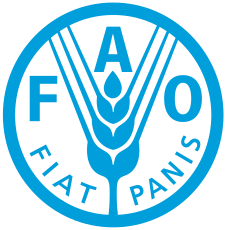The inspired Word of God (rhema) can touch hearts and transforms even hard core criminals and terrorists. An example is the story of Saul, who was known to us as Paul after his encounters, first with Stephen, the other simple and faithful followers of Christ and then lastly with the Lord Jesus Himself on his way to persecute the Christian in Tarsus, ironically his hometown, where he made a 180 turn around, not without strong and violent opposition from his friends at 'high places'.
As I reflect upon my own life, that seed of faith was sown by my own maternal mother who, in spite of my rebellion and couldn't care less attitude, continued to pour out her love and care for me. She was illiterate, could not write or read, and the only language she spoke was her mother tongue, Kadazan Tuawon, and even that she got constant criticism from my father who happened to be a Kadazan Tangnga'a. Ever time she said, "mongoi oku toi" (I am going to the loo), my father will chipped in and said, "Tai kanto"
My parents were farmers and I grew up in the padi fields, riding buffaloes, ploughing padi lands in rain and shine, climbing coconut and tarap trees, swimming across flooded rivers and playing football with the neighbors where our ball was a 'pamelo' because we were too poor to afford a proper football.
In the following short video, we learn about sowing the word of God or seed of faith.


